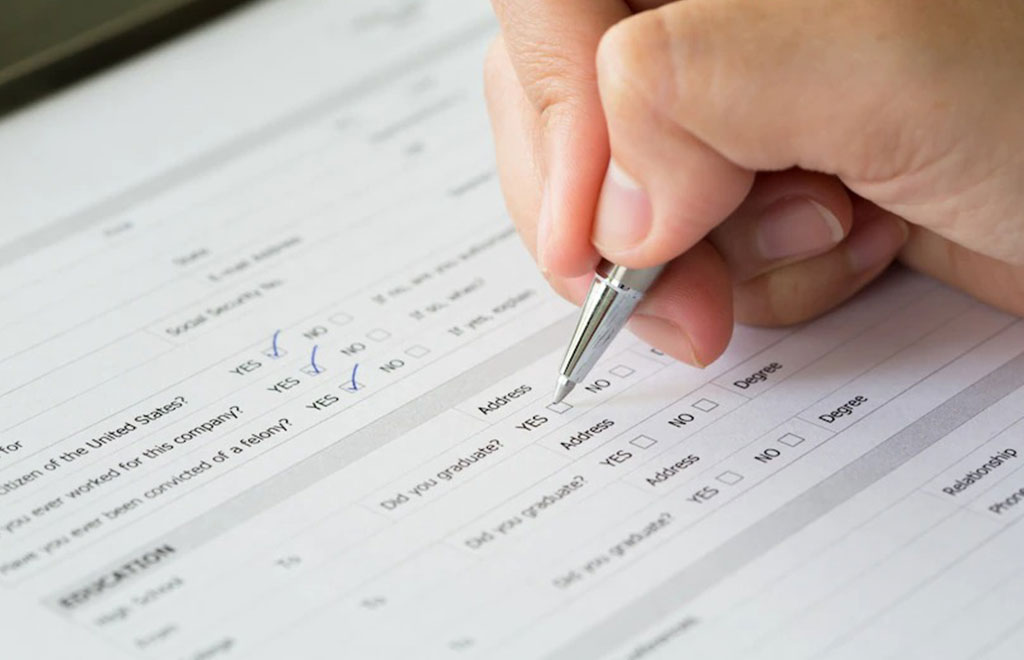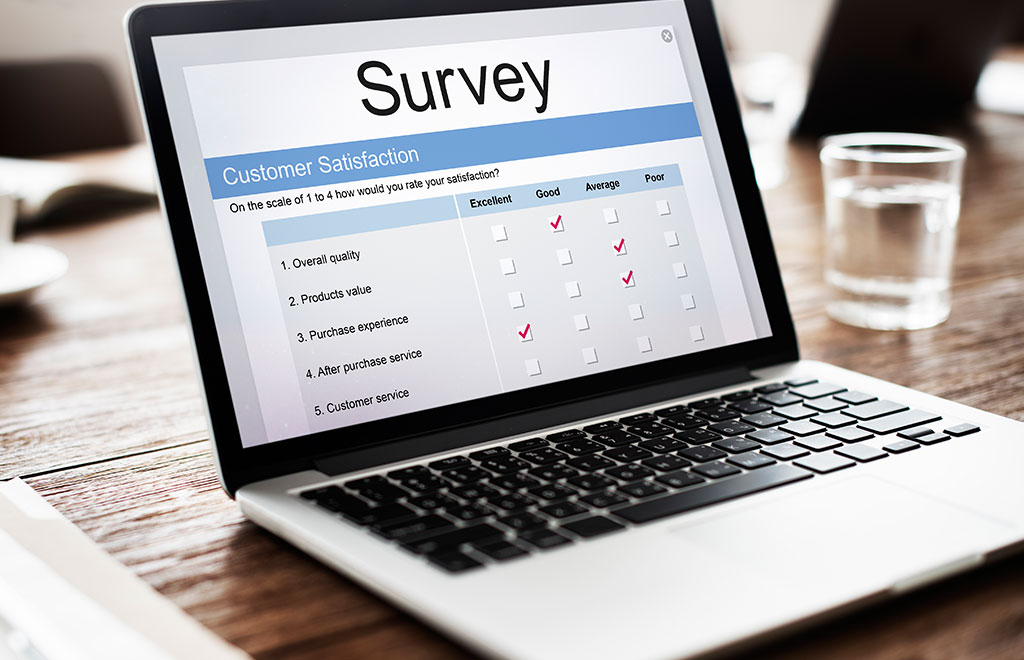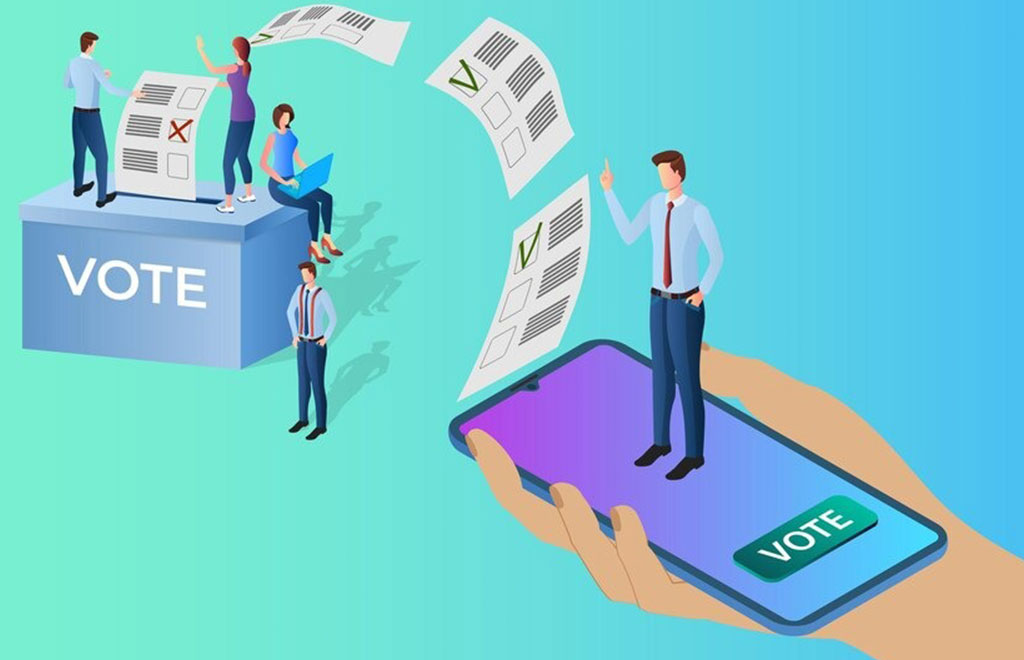We want to focus the most on why political surveys are done and how they help elections. Well, don’t be surprised because political surveys have plenty of use cases. Let’s quickly jump to it:


Response rate: Response rate depends on the surveying campaign and call to action. The rates can be as low as 2%. In external surveysup to 85% in well-distributed & optimized survey campaigns. But the average online survey response rate is 29%.
Our political researchers use this survey to deduce the response’s solid validity. They detect social cues, body language, and visual aids of the voters.
Response rate: The face-to-face survey response rate is close to 57%. That’s huge compared to that of telephonic and paper surveys. The reason is crystal clear: people don’t shun off the political surveyors on the door.


Telephonic surveys add a bit of human factors like paper and face-to-face surveys.
Political researchers and campaigners use telephone surveys to learn what their people think of their manifestos and work in the past years. They also identify voter behavior pre- and post-voting cycles.
Response rate: It’s somewhere around 18 to 20%.